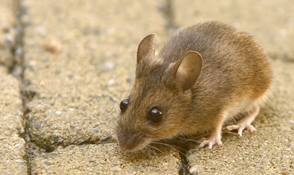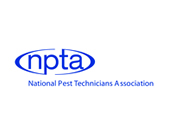Mice control and removal newcastle
Mice Control Services
Ashman Pest Control Services have been ridding the North East of pests for 10 years. We work across Newcastle, Sunderland and County Durham. Experts in our field, we are specialists in bee & wasp nest removal, rodent control, rats & mice, flea, ant & insect control. We provide a professional, discreet and complete service that will remove all of those unwanted tenants.
House mice live in family groups called 'demes' which usually consist of one dominant male and two to five female mice. The dominant male will act aggressively to keep his group together and stop other dominant males from taking over his territory, which is designed provide all the food, water and shelter required for his 'deme'.
House mice are omnivorous and will feed on almost anything. They prefer cereal-based food, for example grass seed. They will feed at over thirty feeding sites during the night taking small amounts from each area. The house mouse has paired and upper incisors and an absence of canines which is common to all rodents. Mice are generally very inquisitive and sporadic rodents.
Mice are generally found throughout the United Kingdom in buildings and structures that protect them from cold and wet weather. They loose heat easily and in hot climates can be found outdoors.
Length of head and body - 70-90mm
Length of hind feet - 16-19mm
Length of ears - 12-15mm
Teeth - Notched upper incisors
Weight -15-25 grams
Prevalent due to their high breeding potential, the female house mouse can be sexually mature at just six weeks old. Gestation is between 19 - 21 days. The female can mate after giving birth (post partum oestrus). A female can give birth every 25 days in ideal conditions and have between 5-10 litters a year with 4-8 young.
IMPACT ON MAN
Stress related problems occur due to people's phobias of mice living in the same property.
Mice can transmit diseases, including Salmonellosis (food poisoning) and Lymphocytic choriomeningitis.
Mice are incontinent and produce 50-60 droppings a night contaminating food and the environment around the areas of their feeding sites.
Their incisors can penetrate most materials including concrete, lead, most metals and can cause untold damage to property even leading to potential fires if electrical equipment is gnawed which can potentially lead to costly repairs.
FAQ
1. Can you get rid of mice?
Using various traps, baits and sealing entry points, along with good hygiene techniques, it is possible to solve the problem of mice.
2. What does the mice control cost include?
The price will include a minimum of four visits using various traps, baits and sealing entry points, along with good hygiene techniques, until the problem is solved.
3. Can I become ill from mice?
Yes you can get food poisoning due to their incontinent behaviour. All surface areas should be sterilised and food such as fruit and vegetables washed before eating. Try and put other food in containers if possible.
How Ashman Can Help
Ashman Pest Control Services can respond to your call within 24 hours, in many cases we offer a same day service. Our pest control services cover both domestic and commercial pest, rodent and insect problems.
As we understand that pest problems can be embarrassing, we offer complete discretion. Our vans are all unmarked and our technicians guarantee a discreet service.
For a free estimate/advice call us on: 07808 888 569 or email us.

